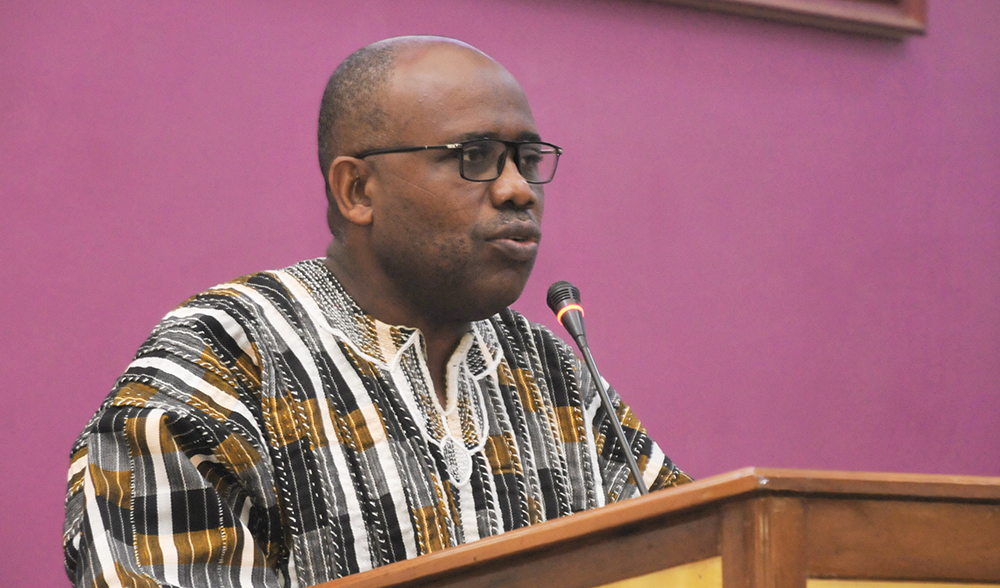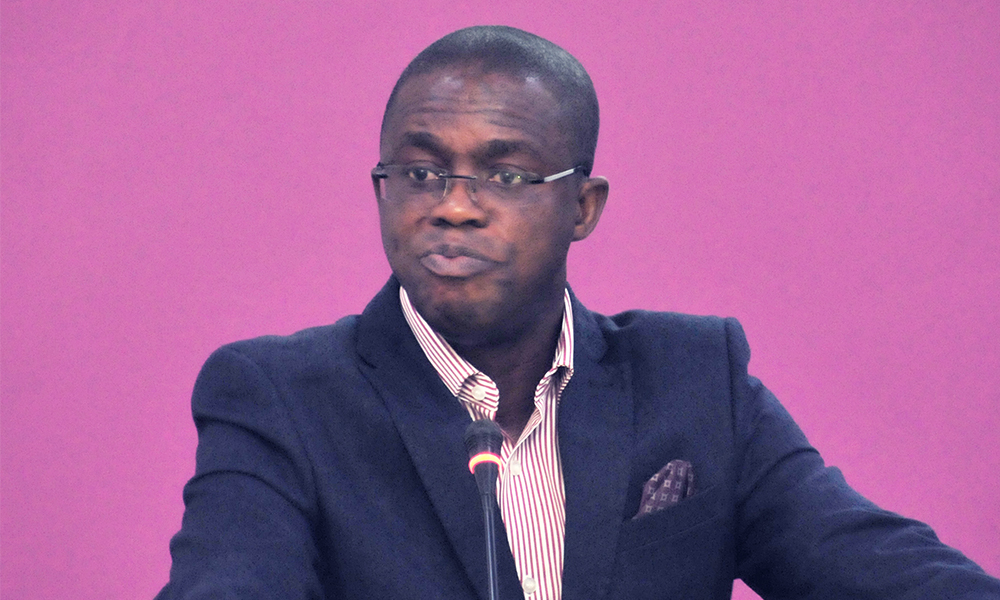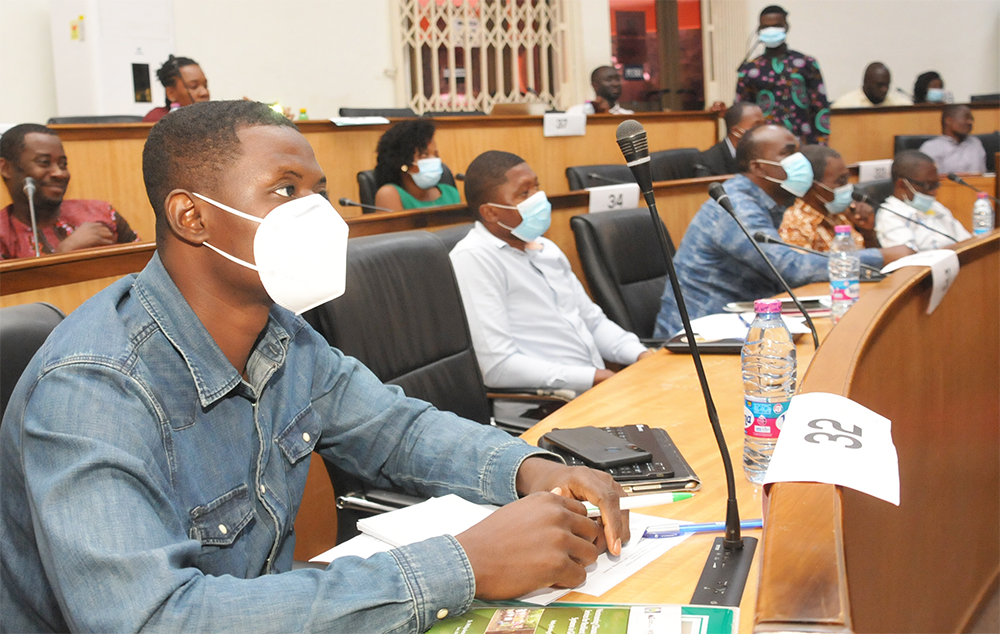The Department of Environmental Science of the Kwame Nkrumah University of Science and Technology (KNUST), Kumasi has hosted a day’s workshop on climate/weather information services in Ghana under the Climate Research for Development (CR4D) Project Fund by the African Academy of Sciences, Nairobi. The consultative workshop brought together stakeholders from the Ministry of Food and Agriculture, Environmental Protection Agency, Ghana Meteorological Agency, research institutions, non-governmental organizations and the media.
The workshop was aimed at assessing how climate information could be mainstreamed to strengthen the resilience of agricultural systems to support sustainable development in Ghana.

The Provost of the College of Science, Professor Leonard Amekudzi in his opening remarks said the workshop was part of the CR4D project that seeks to build resilience in agriculture to guide the development of appropriate policy interventions and collective efforts in managing the risks associated with climate change and variability.
He mentioned that now, there are frequent and intense rainfalls which mostly affect the businesses of farmers and general livelihoods. He, therefore, made a passionate appeal to participants to take climate change seriously and contribute their quota to solve climate issues in Ghana.
Dr. Antwi-Boasiako Amoah, a Director of Environmental Protection Agency in his presentation on Ghana’s Nationally Determined Contributions (NDCs) under the Paris Agreement said that the weather in Ghana is getting warmer, with records of high temperatures and intense heat mixed rainfall and high occurrence of extreme weathers. These changes in climate have affected many sectors in Ghana including Agriculture, Water, Health, Energy, Coastal Areas and Cities and Infrastructure.
According to him, the NDCs seek to strengthen the response to the threat of climate change to aid sustainable development and efforts. He further took participants through the NDC’s.

Professor Philip Antwi-Agyei, the Principal Investigator of the CR4D project indicated that climate information was critical for the adaptation needs of smallholders’ farmers across the country. He outlined his key findings on access and willingness to pay for climate information in the Upper East region of Ghana. He indicated that the study sought to identify the types of climate information available to different socio-economic groups, opportunities available for using climate information and communication pathways to end-users. He indicated that about 60% of the study respondents received climate information in the six communities across three districts in the study region. The channels for the information sharing were mainly through radio, mobile text and workshops. He further highlighted the barriers mitigating against the successful uptake of climate information in the districts. The key barriers included the lack of trust in climate information, inadequate information on seasonal forecast for long-term planning, timeliness of climate forecast or information and technical language used in communicating climate information.
Professor Phillip Antwi-Agyei recommended that forecast information should be communicated through local language and that climate information should be linked to agricultural practices and climate information should be co-produced with farmers.
A resource person, Miss Maureen Ahiataku of the Ghana Meteorological Agency, Accra, enlightened participants on how to read and understand the current weather and climate services provided by the Agency.

















